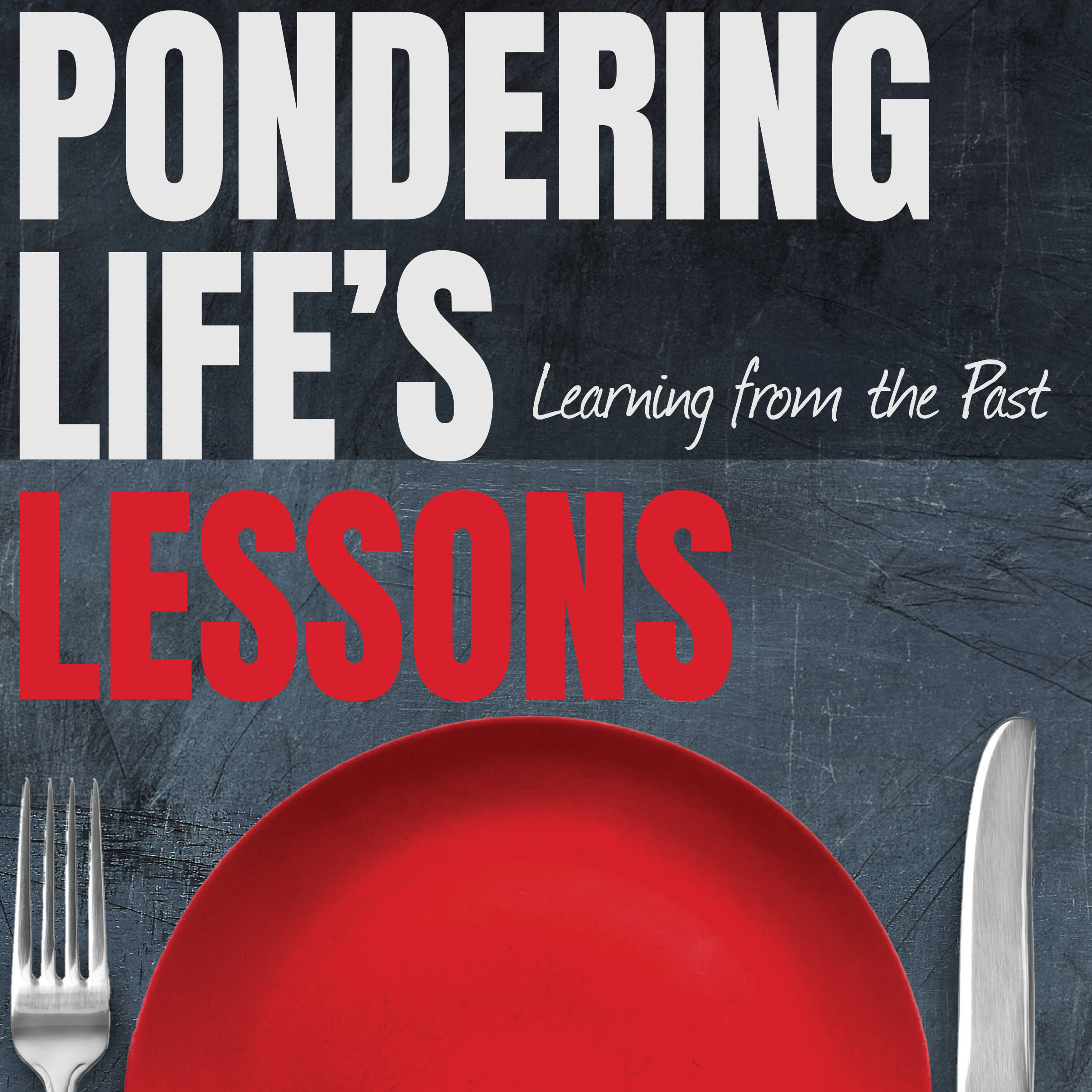When I was a kid, the first widow I learned about was a spider. I knew black widows could be deadly and for several months I thought we had one living in our fruit cellar. The fruit cellar was the former coal bin of our house at 500 N. Edgeworth. It was a repurposed spot in our basement. Dad built shelves to store the jars of fruit and tomatoes he bought from Detroit’s Eastern Market for Mom to can. It also held the grape and raspberry jelly she made from the fruit in our backyard.
 Dad sent one of us three kids to the cellar to retrieve a jar of jelly when we ran low in the kitchen. The chosen child got to select which flavor jelly to retrieve. It was quite an honor. Once I saw the spider, I deferred to the girls. We had two, and if one of them was bitten and died, we still had a spare. At least that’s how this older brother looked at the situation. It wasn’t until I reached junior high science that I determined it wasn’t a black widow at all, because it didn’t have the red hourglass marking on its underside. I skipped a lot of opportunities to select the jelly for nothing.
Dad sent one of us three kids to the cellar to retrieve a jar of jelly when we ran low in the kitchen. The chosen child got to select which flavor jelly to retrieve. It was quite an honor. Once I saw the spider, I deferred to the girls. We had two, and if one of them was bitten and died, we still had a spare. At least that’s how this older brother looked at the situation. It wasn’t until I reached junior high science that I determined it wasn’t a black widow at all, because it didn’t have the red hourglass marking on its underside. I skipped a lot of opportunities to select the jelly for nothing.
I learned about human widows and widowers when my grandparents died. When Grandpa Tebo died in 1955, Grandma Tebo became a widow. Three years later, Grandpa Barner became a widower when Grandma Barner died. I didn’t think much about either word until I became one myself.
I was filling out a membership form at a local gym a couple of weeks ago, and when I came to the part that referenced marital status, I checked the widower box. It wasn’t an automatic check like so many of the yes and no questions we’re asked on such documents. It was a take a deep breath and a pause before answering type response. I went to a new dentist last week and was confronted with the same question. I took the same pause before answering.
“Widow,” “widower,” and “widowed” are three terms no one wants to have applied to themselves, as they imply the loss of a spouse. I never thought about it before, but Ruth and I both signed up for the possibility when we recited our “until death do you part” vows. We all do if we take the vows seriously.
Three dozen years ago, one of my mom’s elderly aunts died in Bowling Green, Kentucky. Mom drove to Kentucky to attend the funeral with her father and his second wife, Virginia. It was a brief trip lasting only a couple of days. She returned home the afternoon of the funeral. By the time she’d made the seven-hour drive home, her uncle had died. The passing of his wife was too much for him to handle, so he just gave up.
I’ve been both sad and mad since Ruth’s passing, so I understand sadness and anger. I don’t care for either one, but I’m learning to live with the feelings when they creep in. Logical me believes I have two choices, move forward or give up. Moving forward, and learning to live with loss, is the path I’m on. While some days are more challenging than others, I still have things I want to do and places I’d like to see. The tough part will be figuring out if I do them alone or with someone new.
I’ve been told I should wait a year until I make any major changes. I’m good with that advice. If there’s a manual about being a widower, I’ve not seen it. I have a fellow widower living across the street from my Florida home. He invited me to talk with him anytime I feel the need. He told me he didn’t want me to “do anything stupid”. I assured him I wouldn’t.
Living in Florida is different than living in Michigan. Ruth and I had been living in our new condo for less than two years. We were really just getting to know the lay of the land when she had her accident. We had each other to share our time and make plans with. The only couple friends we had moved away shortly after Ruth’s accident. When I head north in May, I’ll need to establish a new support system. If I decide to spend more time in Florida, I need to expand my circle of friends because most of my current Florida friends are snowbirds like me.
There are plenty of opportunities to make friends in both locations. The challenge is to make the first move, even if it’s wrong. I’ve always encouraged the people I worked with, and later my children, to be risk takers. Stepping out of one’s comfort zone is tough, but in my case it’s a necessity if I’m going to keep on keepin on.
I’ve been a widower for four months and two days, so I’m early in the process. If you see, or hear, of me doing things you don’t understand, please be patient. I’ve got to figure this out on my own, however, if I seek your advice, please give it to me straight as I’m too old to make too many mistakes.

